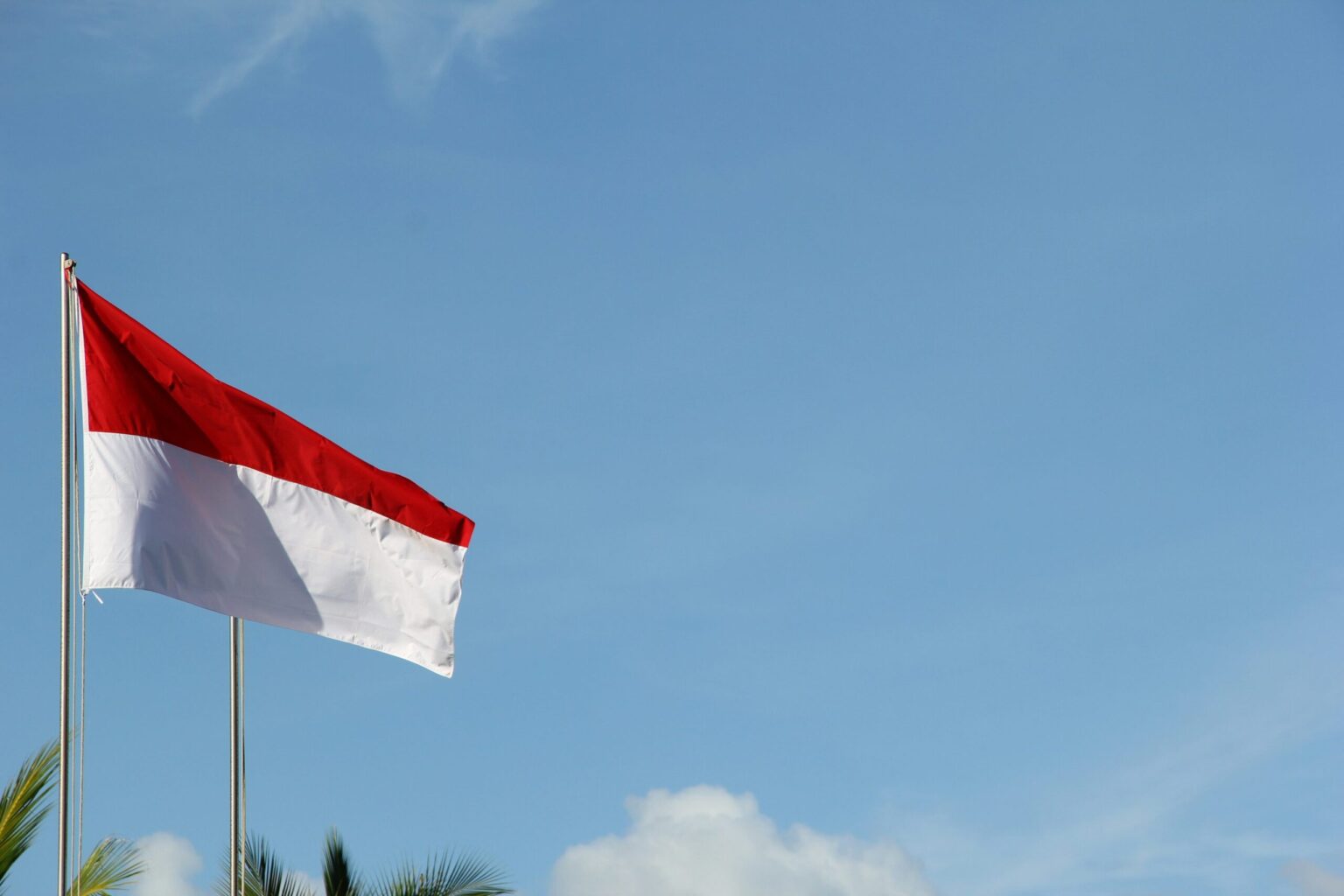As digital currencies continue to reshape the global financial landscape, their potential role in national reserves has become a topic of significant interest. Recently, Indonesia has shown curiosity in potentially integrating cryptocurrencies like Bitcoin into its economic framework. This exploration marks a pivotal step, as it could influence the economic strategies of one of the largest economies in Southeast Asia. Understanding the implications and opportunities such an integration could present is crucial for both policymakers and financial enthusiasts.
Indonesia’s Exploration of Bitcoin as a National Reserve Asset
The Potential Role of Crypto in Diversifying Reserves
Recent discussions among Indonesian policymakers have been centered on the feasibility of incorporating cryptocurrencies, specifically Bitcoin, into the nation’s foreign reserves, which recently totaled around $153 billion. Traditionally composed of gold, U.S. dollars, and government bonds, these reserves are a crucial component of Indonesia’s financial stability. The consideration of Bitcoin represents a significant shift, potentially heralding a new era in financial diversification. Advocates of this move have referred to influential resources like “The Bitcoin Standard” and Ray Dalio’s “The Changing World Order,” which provide insights into how Bitcoin could play a pivotal role in future economies.
Education and Outreach Initiatives
To gain widespread acceptance and understanding of digital currencies, there’s a concerted effort to increase education at the grassroots level, targeting schools, universities, and local communities. These initiatives aim to highlight both the potential and the risks associated with digital assets. Recent regulatory changes in Indonesia reflect a nuanced approach; although value-added tax (VAT) on crypto purchases has been removed, crypto transactions are now subject to a 0.21% domestic tax and a 1% overseas tax, reflecting a balance between regulation and encouragement of market growth.
Global Perspectives and Comparisons
Looking beyond Indonesia, other nations have already embarked on bold initiatives involving Bitcoin. El Salvador, for instance, has embraced Bitcoin as legal tender and maintains a significant reserve of 6,067 BTC. Bhutan, operating more discreetly, has mined over 11,711 BTC since 2020, integrating digital currencies into their GDP significantly. Meanwhile, Kazakhstan and the United States have also made strategic moves to incorporate cryptocurrencies into their economic frameworks, each tailoring their approach to align with national interests and financial goals.
The Future Path for Indonesia
As Indonesia contemplates its next steps, the logistics of Bitcoin adoption—ranging from price volatility to energy consumption—must be carefully balanced against potential economic benefits. Possible initiatives might include pilot mining projects, public-private partnerships, and comprehensive white papers to guide national policy. The upcoming discussions could involve Bank Indonesia, focusing on understanding market impacts and establishing a solid legal framework for a potential crypto reserve.
Is Bitcoin a Viable Addition to National Reserves?
Bitcoin’s inclusion in national reserves is a progressive idea, yet it requires careful assessment of risk factors such as market volatility and regulatory implications. The experiences of nations like El Salvador offer valuable lessons but must be adapted to fit Indonesia’s unique economic context.
How Does Bitcoin Mining Impact National Energy Consumption?
Bitcoin mining is known for its high energy consumption, which could pose challenges for Indonesia’s energy infrastructure. Exploring sustainable energy solutions and efficient mining technologies will be vital in mitigating environmental impacts.
What Are the Benefits of Using Bitcoin as Legal Tender?
Using Bitcoin as legal tender could streamline transactions and enhance financial inclusion, particularly in regions with limited banking access. However, it requires robust technological infrastructure and public acceptance to succeed.
This in-depth exploration of Indonesia’s consideration of Bitcoin as a reserve asset highlights the complexities and opportunities of integrating digital currencies into national economic strategies. As discussions progress, it will be crucial to monitor developments and assess their wider implications on the global financial landscape.

